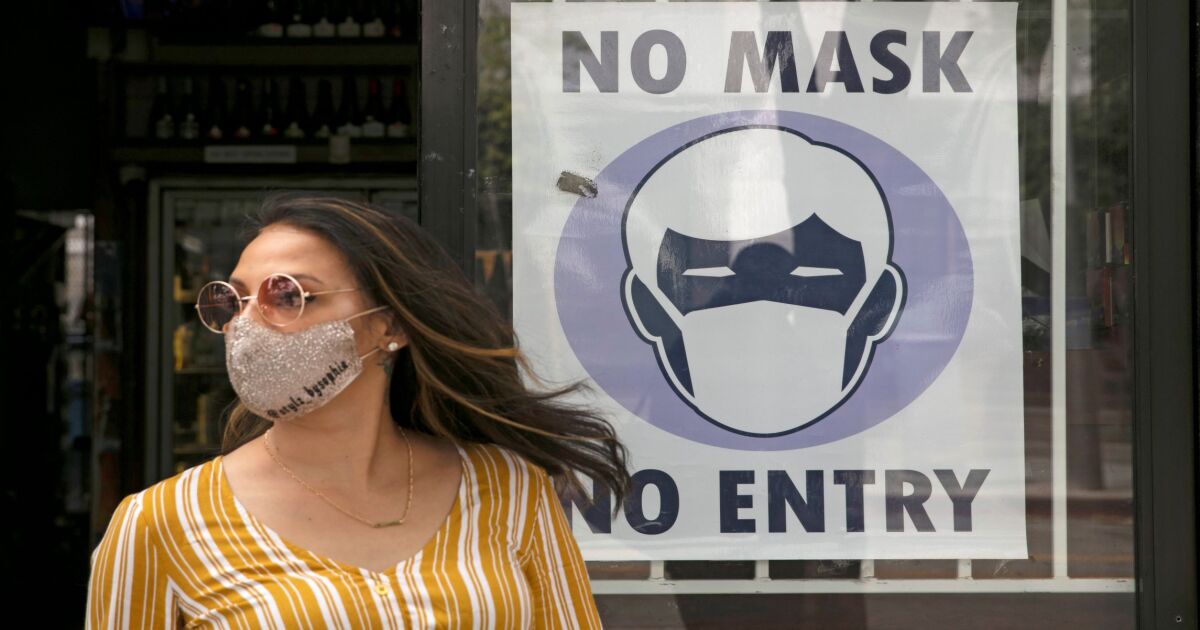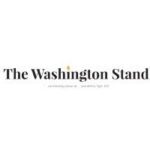

COVID-19 hospitalization rates are increasing for the fifth week in a row, leading businesses to consider reinstating mask mandate policies heading into the fall and winter seasons.
One major hospital system in San Francisco and two in New York are reinstituting mask mandates for staff and patients due to rising case counts in their areas, as is Morris Brown College in Atlanta. Lionsgate Film Studios in Hollywood is also requiring masks for nearly half of its Santa Monica employees.
TOP THREE TAKEAWAYS FROM THE REPUBLICAN DEBATE IN MILWAUKEE
The Centers for Disease Control and Prevention is monitoring three new variants, including the highly mutated BA 2.86 variant, nicknamed Pirola.
Some public health experts are advising those with chronic pre-existing conditions that weaken the immune system, such as HIV, diabetes, heart disease, or cancer, as well as senior citizens to monitor case counts in their local areas and take extra precautions, including masking.
“Octogenarians comprise the highest-risk group for complications following COVID infection,” Jonathan Reiner, a cardiologist at the George Washington University School of Medicine and Health Sciences, told CNN.
It’s time to reinstitute masking in clinical healthcare settings, as well as for people at increased risk of complications from COVID. https://t.co/VICecE2meI
— Jonathan Reiner (@JReinerMD) August 23, 2023
“If you’re a caregiver for somebody who is at increased risk of complication following infection, then I think you should also consider putting a mask on in public places,” Reiner said.
As far as the type of mask, experts agree that respirator masks are preferred.
N95 and P100 respirator masks are the most effective against small particles and are recommended by both the CDC and the Environmental Protection Agency to protect against toxic air pollution, such as that from wildfire smoke.
N95 respirator masks have been found to have 95% filtration efficacy for particles that are 0.1-0.3 microns in size. The size of the average SARS-CoV-2 particle is between 0.07 and 0.09 microns, significantly smaller than particulate matter air pollutants.
CLICK HERE TO READ MORE FROM THE WASHINGTON EXAMINER
The EPA specifically states that cloth masks are ineffective against particles smaller than 0.3 microns.
The Food and Drug Administration previously told the Washington Examiner that, based on currently available data, the newest COVID-19 vaccinations will protect against the most serious symptoms of infection from currently circulating variants of the virus.






